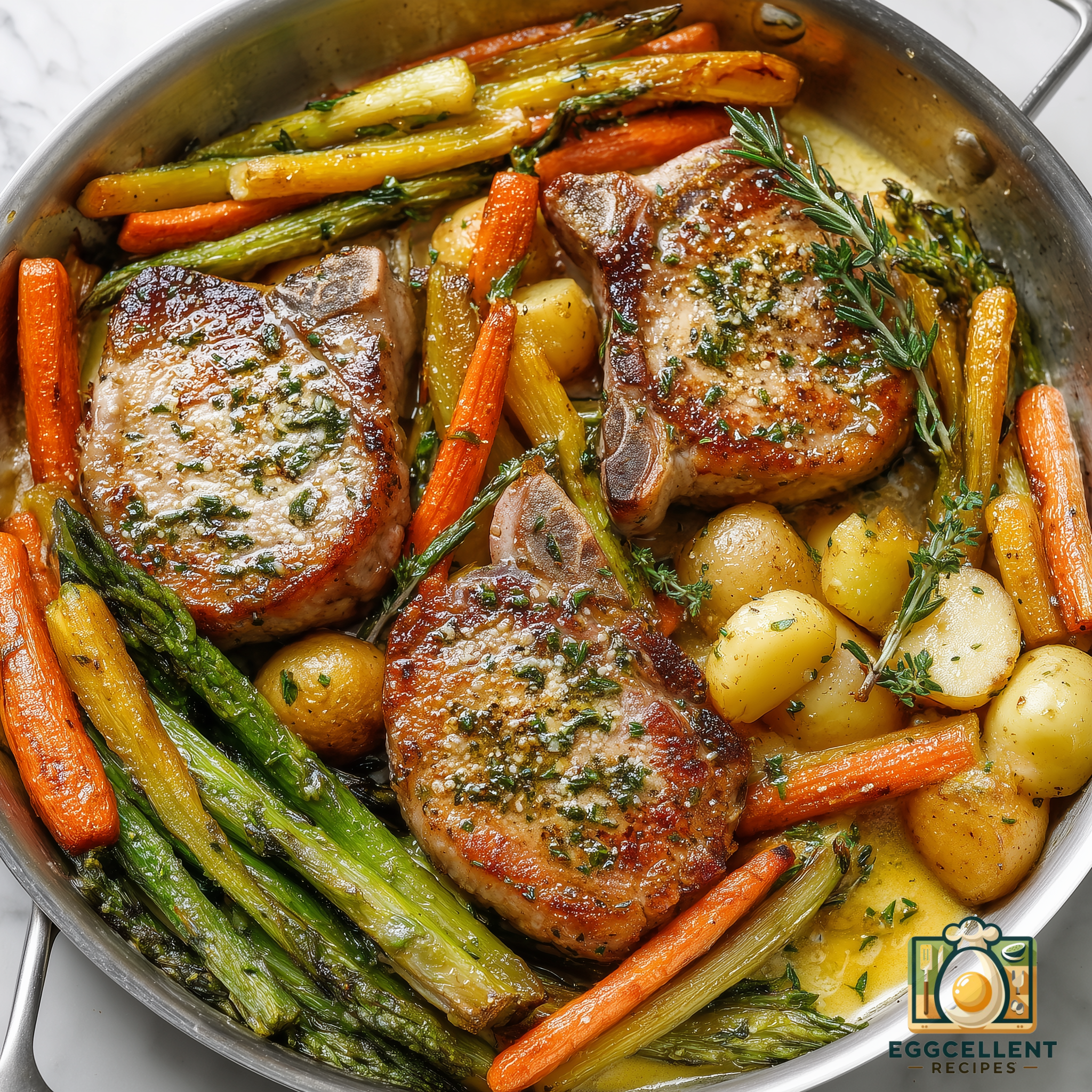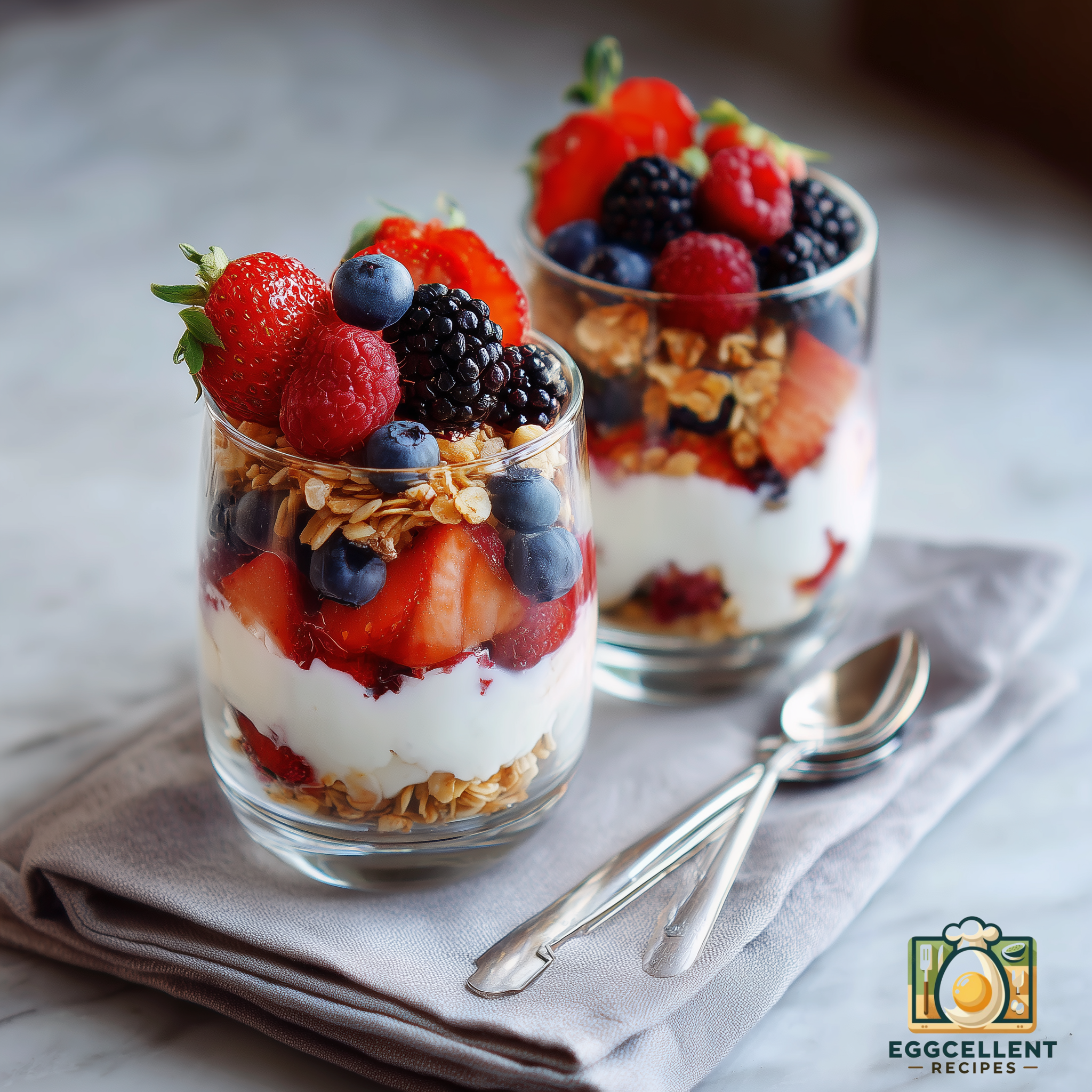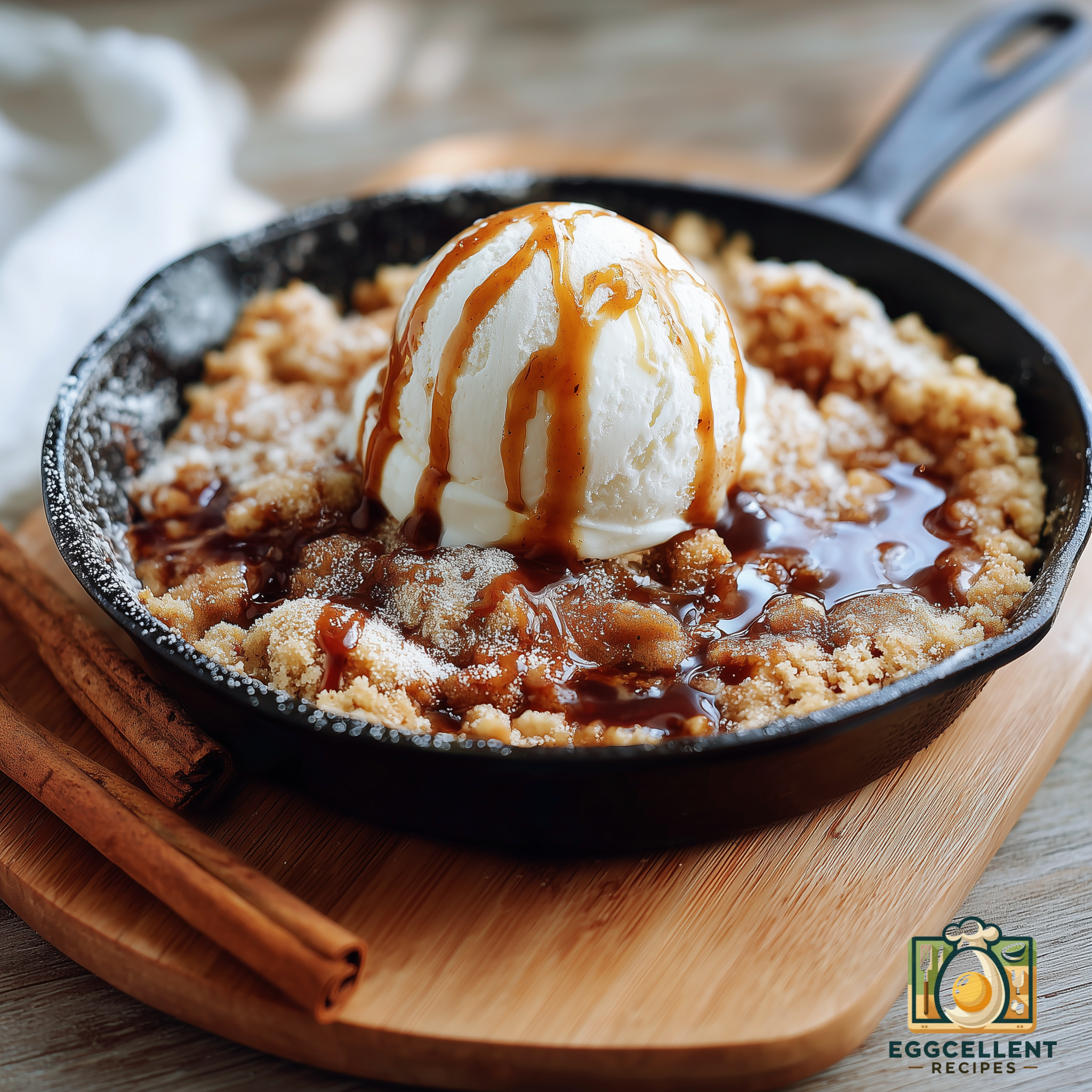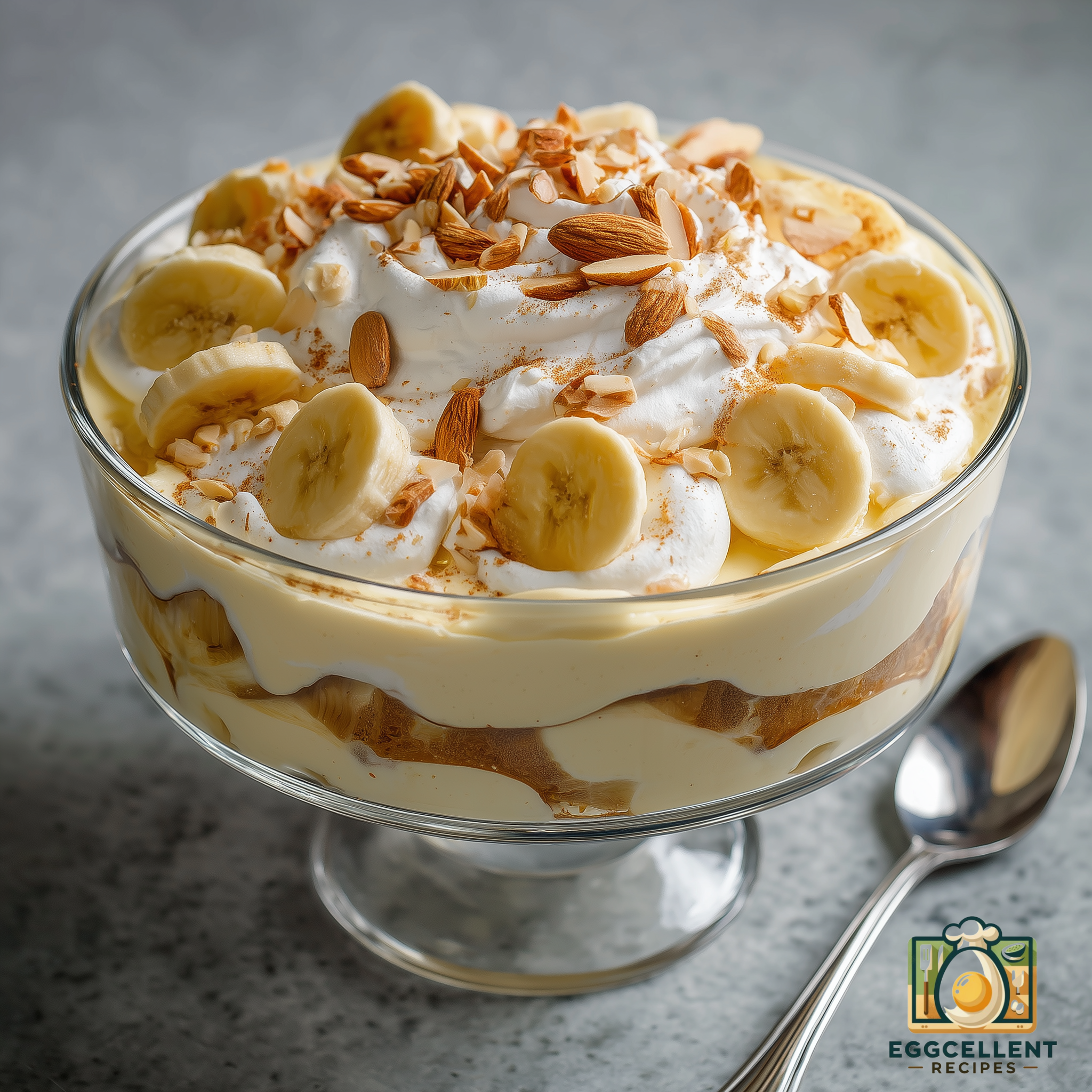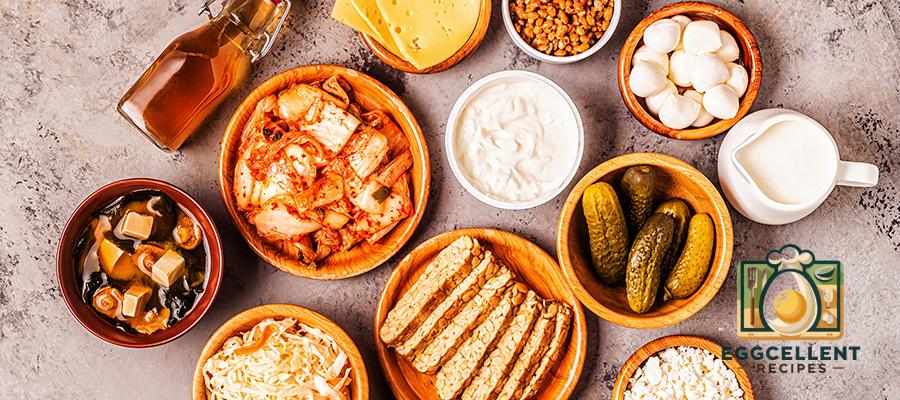
Maintaining a healthy gut is essential for overall well-being. Your gut, or digestive system, contains trillions of bacteria that play a crucial role in digestion, immunity, and even mental health. One of the best ways to support a healthy gut is by incorporating probiotic-rich foods into your diet. Probiotics are live microorganisms, often called “good bacteria,” that help balance your gut flora and promote a healthier digestive system. In this article, we’ll explore some of the best probiotic foods to include in your diet and how they can benefit your gut health.
What Are Probiotics?
Probiotics are live bacteria and yeasts that are beneficial for your digestive system. They help maintain a healthy balance of gut flora by replenishing the good bacteria, which can become depleted due to factors like poor diet, stress, or the use of antibiotics. By adding probiotic-rich foods to your diet, you can improve digestion, enhance your immune system, and potentially reduce the risk of certain gut-related conditions like irritable bowel syndrome (IBS) or inflammatory bowel disease (IBD).
Benefits of Probiotic Foods
Including probiotic foods in your daily meals can provide a range of health benefits, such as:
- Improved Digestion: Probiotics help break down food and absorb nutrients more efficiently.
- Enhanced Immune Function: A healthy gut microbiome is closely linked to a stronger immune system.
- Reduced Bloating and Gas: Probiotics can help alleviate symptoms of indigestion, including bloating and gas.
- Balanced Gut Bacteria: Probiotics help restore and maintain a healthy balance of good bacteria in the gut, which is crucial for overall gut health.
- Better Mental Health: Research suggests that gut health is connected to brain health, often referred to as the “gut-brain axis.” Consuming probiotics may support mood and reduce symptoms of anxiety and depression.
Best Probiotic Foods for Gut Health
Here are some of the top probiotic foods that can support your gut health:
1. Yogurt
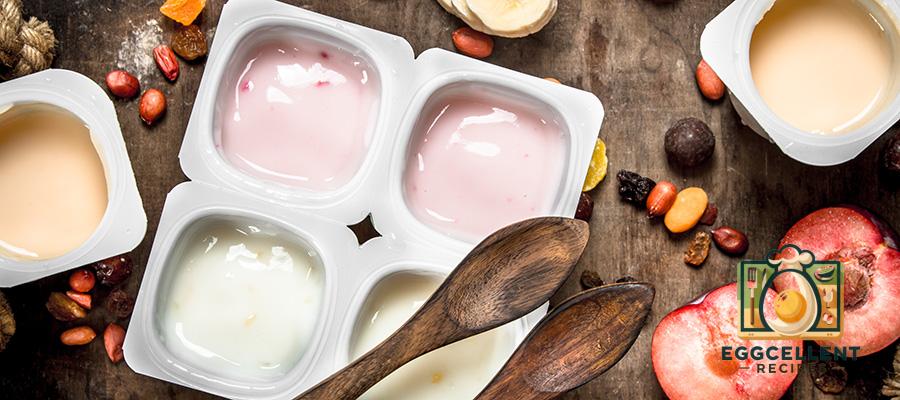
Why It’s Great for Gut Health: Yogurt is one of the most popular and easily accessible sources of probiotics. It’s made by fermenting milk with beneficial bacteria, typically Lactobacillus and Bifidobacterium. These strains of bacteria help balance gut flora and support digestion.
How to Eat It: Choose plain, unsweetened yogurt to avoid added sugars that can feed harmful bacteria. You can enjoy it on its own, add fruit and nuts for a healthy snack, or use it in smoothies or as a topping for whole grain dishes.
2. Kefir

Why It’s Great for Gut Health: Kefir is a fermented milk drink that’s rich in probiotics and even more potent than yogurt. It contains several strains of bacteria and yeasts that benefit gut health. Kefir is also an excellent option for those who are lactose intolerant, as the fermentation process reduces lactose content.
How to Eat It: Drink kefir on its own or blend it into smoothies. You can also use it as a base for salad dressings or in overnight oats.
3. Sauerkraut
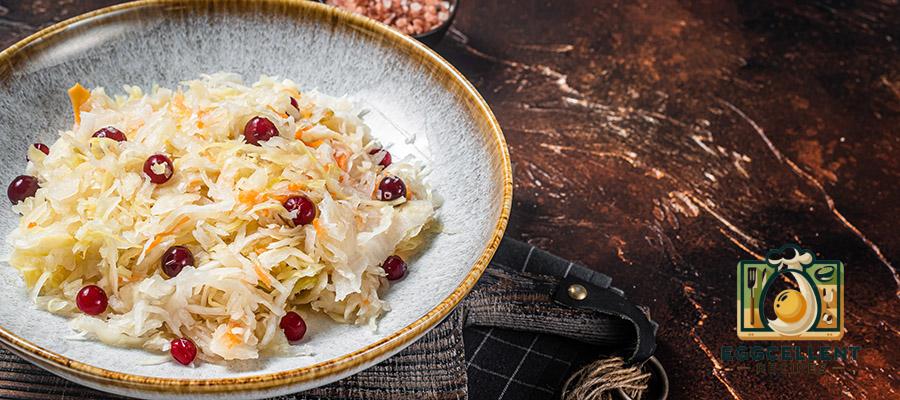
Why It’s Great for Gut Health: Sauerkraut is fermented cabbage packed with probiotics, especially Lactobacillus bacteria. It’s also high in fiber, vitamins C and K, and other antioxidants that support overall health.
How to Eat It: Add sauerkraut to sandwiches, salads, or grain bowls. Be sure to choose raw, unpasteurized sauerkraut, as pasteurization kills the beneficial bacteria.
4. Kimchi
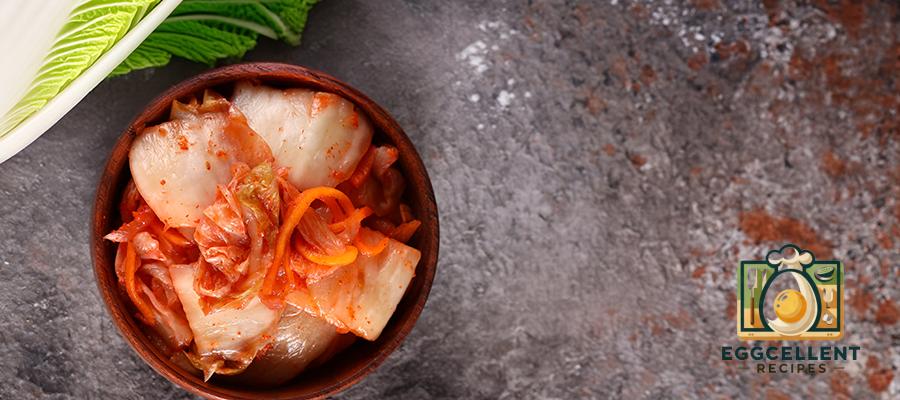
Why It’s Great for Gut Health: Kimchi is a traditional Korean dish made from fermented vegetables, usually cabbage, radishes, and various seasonings. It’s rich in probiotics and contains beneficial bacteria like Lactobacillus kimchii, which can help improve digestion and boost immune function.
How to Eat It: Enjoy kimchi as a side dish, add it to stir-fries, or use it as a topping for rice bowls or tacos.
5. Miso
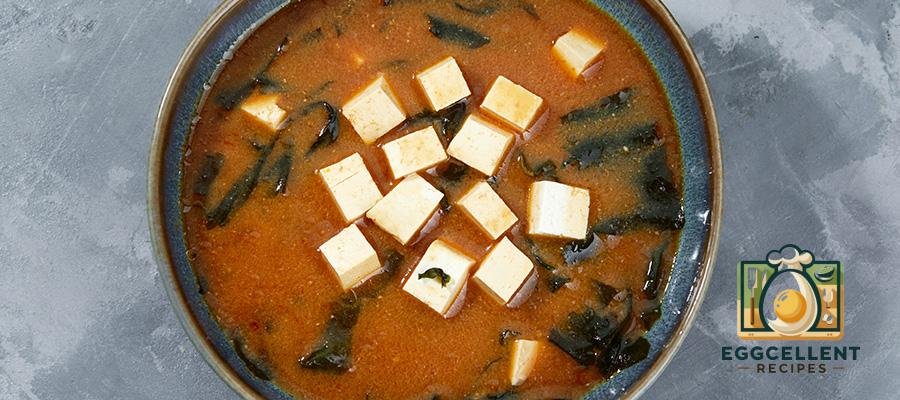
Why It’s Great for Gut Health: Miso is a fermented soybean paste commonly used in Japanese cuisine. It’s a great source of probiotics and is packed with essential nutrients like vitamins B, E, and K. Miso can also help improve digestion and support a healthy immune system.
How to Eat It: Add miso to soups (like the traditional miso soup), marinades, or salad dressings. Be sure not to boil miso, as high heat can destroy the probiotics.
6. Tempeh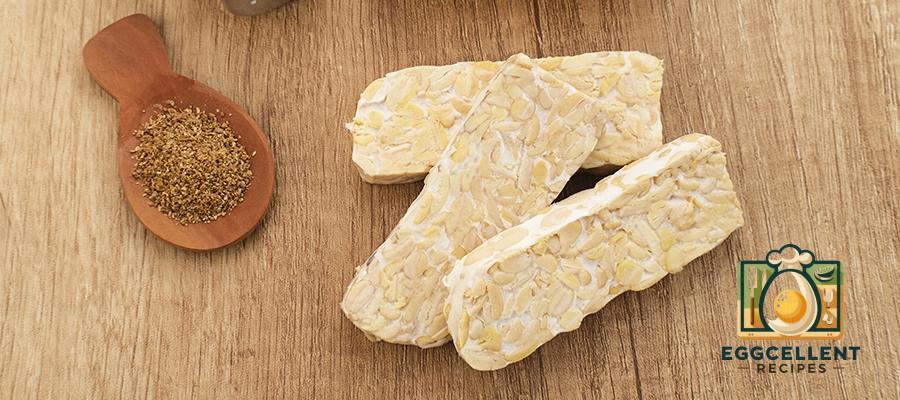
Why It’s Great for Gut Health: Tempeh is another fermented soy product, offering probiotics as well as protein and fiber. It’s firmer than tofu and has a nutty flavor, making it a great plant-based protein option that also supports gut health.
How to Eat It: Use tempeh in stir-fries, grain bowls, or as a substitute for meat in sandwiches and wraps.
7. Pickles (Fermented)
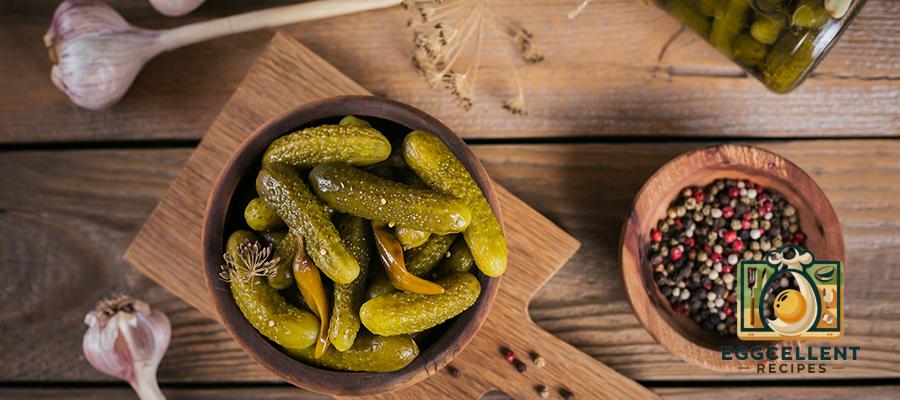
Why They’re Great for Gut Health: Fermented pickles, also known as lacto-fermented pickles, are cucumbers that have been fermented in saltwater brine. They contain beneficial probiotics that can help balance gut bacteria. However, not all pickles contain probiotics—only those that are fermented, not pickled in vinegar.
How to Eat Them: Add fermented pickles to sandwiches, salads, or enjoy them as a crunchy snack.
8. Kombucha
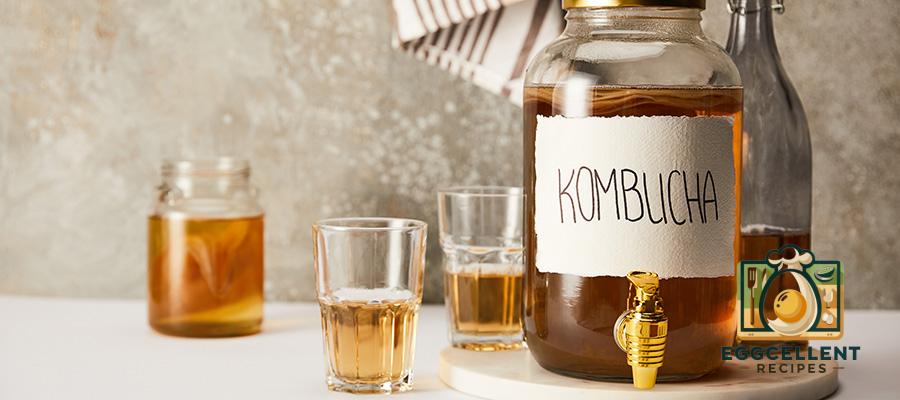
Why It’s Great for Gut Health: Kombucha is a fermented tea drink that contains live cultures of bacteria and yeast. It’s a rich source of probiotics, which can help improve digestion and gut health. Kombucha also contains antioxidants and can support liver health.
How to Drink It: Drink kombucha as a refreshing beverage. You can find a variety of flavors at grocery stores, but opt for those with no added sugars for the best health benefits.
9. Buttermilk (Traditional)
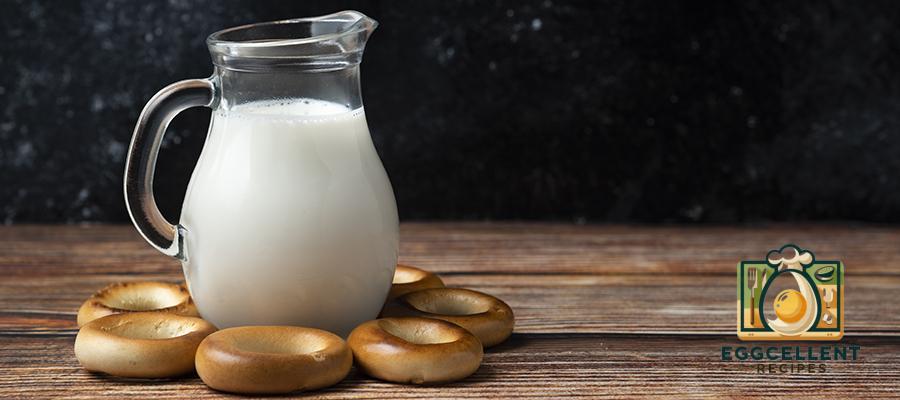
Why It’s Great for Gut Health: Traditional buttermilk, often called cultured buttermilk, is the liquid left after churning butter. It’s a rich source of probiotics and is low in fat. However, it’s important to note that cultured buttermilk, which you find in most grocery stores, does not have the same probiotic benefits.
How to Eat It: Use traditional buttermilk in baking or enjoy it as a drink. It’s also great for making fluffy pancakes or biscuits.
10. Natto

Why It’s Great for Gut Health: Natto is a traditional Japanese food made from fermented soybeans. It contains the probiotic strain Bacillus subtilis, which is beneficial for digestion and may help enhance nutrient absorption. Natto is also a good source of vitamin K2, which is important for bone and heart health.
How to Eat It: Natto has a strong flavor and sticky texture, so it’s often an acquired taste. Try it with rice, or mix it into salads or stir-fries.
How to Support Probiotics in Your Gut
While consuming probiotic foods is an excellent way to boost your gut health, it’s important to maintain an environment that allows these beneficial bacteria to thrive. Here are a few tips for supporting probiotics in your gut:
- Eat Prebiotic Foods: Prebiotics are types of fiber that feed the beneficial bacteria in your gut. Foods like garlic, onions, bananas, and asparagus are rich in prebiotics.
- Limit Processed Foods and Sugar: Processed foods and added sugars can feed harmful bacteria, leading to an imbalance in your gut microbiome.
- Stay Hydrated: Drinking plenty of water supports digestion and helps keep your gut environment healthy.
- Reduce Stress: Chronic stress can negatively impact gut health. Incorporate stress-reducing practices like meditation, exercise, and adequate sleep into your routine.
Final Thoughts
Probiotic-rich foods are a natural and delicious way to support gut health, improve digestion, and boost your immune system. By regularly incorporating yogurt, kimchi, miso, kombucha, and other fermented foods into your diet, you can maintain a healthy balance of gut bacteria and promote overall well-being.
Remember, a healthy gut is not only about consuming probiotics but also maintaining a balanced diet, reducing stress, and practicing good overall health habits. Start adding these probiotic foods to your meals and enjoy the benefits of a healthier, happier gut.

